In the era of deep integration, intellectual property rights have become a vital “shield” for the development of corporate brands. Before building a brand, businesses need to protect intellectual property. This helps businesses gradually build their brand and position in the market, while minimizing the risks of losing their brand and market.
Intellectual Property: "Soft Weapon" to Conquer the Market
According to Mr. Tran Le Hong - Deputy Director of the Department of Intellectual Property ( Ministry of Science and Technology ), intellectual property rights, especially trademarks and trade names, increasingly play a key role in the strategy of developing corporate brands.
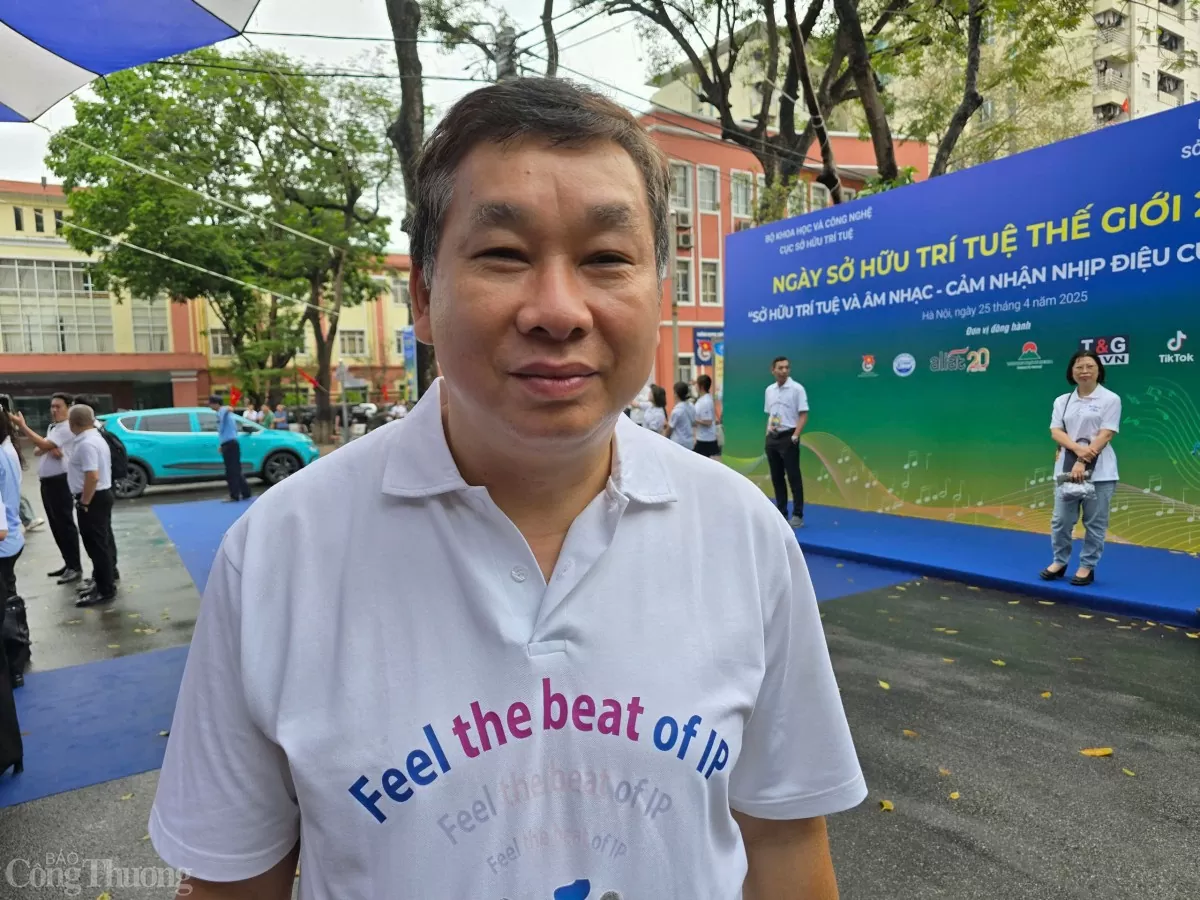 |
| Mr. Tran Le Hong - Deputy Director of the Department of Intellectual Property |
“ Intellectual property not only creates a legal foundation, it is also a tool to increase value and affirm product position in domestic and international markets ,” he emphasized.
Statistics from the National Office of Intellectual Property show that Vietnam currently has nearly 1 million registered trademarks. This is clear evidence that businesses have become increasingly aware of the use of intellectual property tools in the journey of building and developing their brands.
Not only stopping at domestic protection, many Vietnamese enterprises have proactively registered trademarks abroad. According to data from the World Intellectual Property Organization (WIPO), in 2022, the number of trademark applications originating from Vietnam filed with foreign agencies reached more than 4,900 applications, an increase of 1.6 times compared to 2018. Of which, the US market accounted for the largest number of applications with more than 1,000 applications, followed by Korea, Japan, Australia and the EU.
However, Deputy Director Tran Le Hong also frankly pointed out that: The number of international registration applications in Vietnam is still too modest, mainly concentrated in large enterprises such as Vingroup , Acecook, Nutifood... Small and medium enterprises - the majority - are still not really interested or are still confused in bringing their brands to the world.
“ Registering intellectual property abroad is not as difficult as many people think. The biggest problem is awareness, in considering it as an indispensable part of business strategy, ” Mr. Hong commented.
Lessons from expensive brand loss cases
One of the typical examples of the consequences when businesses neglect to protect intellectual property is the story of ST25 rice, the rice variety that won the title "World's Best". Although famous in Vietnam and internationally, the brand "Ong Cua Rice" - representing the ST25 rice variety - was previously registered for protection by many entities in the US.
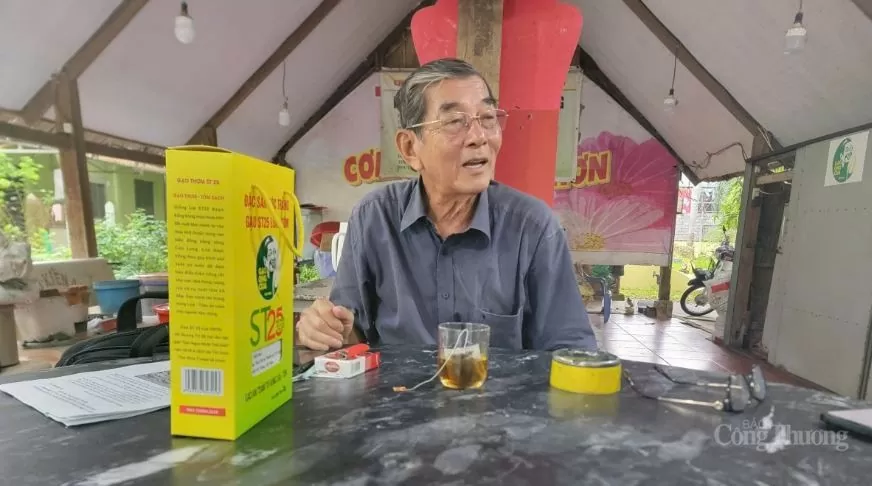 |
| Engineer Ho Quang Cua - "father" of ST25 rice, the best rice in the world |
As a result, even though the private enterprise Ho Quang Tri, which created this rice variety, wants to export it officially, they also face the risk of prolonged legal disputes and serious damage to their reputation.
Obviously, although being the “father” of the ST25 rice variety, if the trademark is taken by someone else in the foreign market, “Mr. Crab Rice” will lose the right to officially distribute the product. All research and production efforts can disappear just because of not protecting intellectual property rights in time.
Not only rice, many other Vietnamese industries such as coffee, pepper, and seafood have also had to "taste bitter fruit" because of being slow in registering international trademarks.
According to Mr. Tran Le Hong: " A trademark registered in any country will be protected in that country ". If a business only registers in Vietnam, the product will not be protected abroad and the risk of having the trademark "stolen" is very high.
In the context of globalization, businesses cannot stop at domestic protection. Building a systematic investment plan for intellectual property registration abroad is a mandatory requirement if they want to expand the market.
Mr. Tran Le Hong said that businesses must closely link brand development activities with intellectual property strategies and the entire business plan. Registration for protection cannot be considered just an administrative procedure.
In particular, when exporting to demanding markets such as the EU, the US, Australia, and Japan, businesses need to understand that intellectual property protection standards here are very high. If not carefully prepared from the beginning, being denied protection or getting involved in disputes will cause great damage to both finances and reputation.
In fact, the cost of international trademark registration is no longer too high compared to the total cost of market penetration. In particular, support mechanisms such as the Madrid System (single-window international filing) also help to simplify the procedure significantly.
In addition, the Intellectual Property Office is also making efforts to negotiate and sign many international agreements to create maximum convenience for Vietnamese enterprises to register for intellectual property protection abroad.
A warning to businesses
Intellectual property protection is not a “need-to-do” thing, but must become a vital part of the strategy right from the brand building stage. Every business needs to ask itself: If the brand ownership is lost abroad, can the entire business and export plan survive?
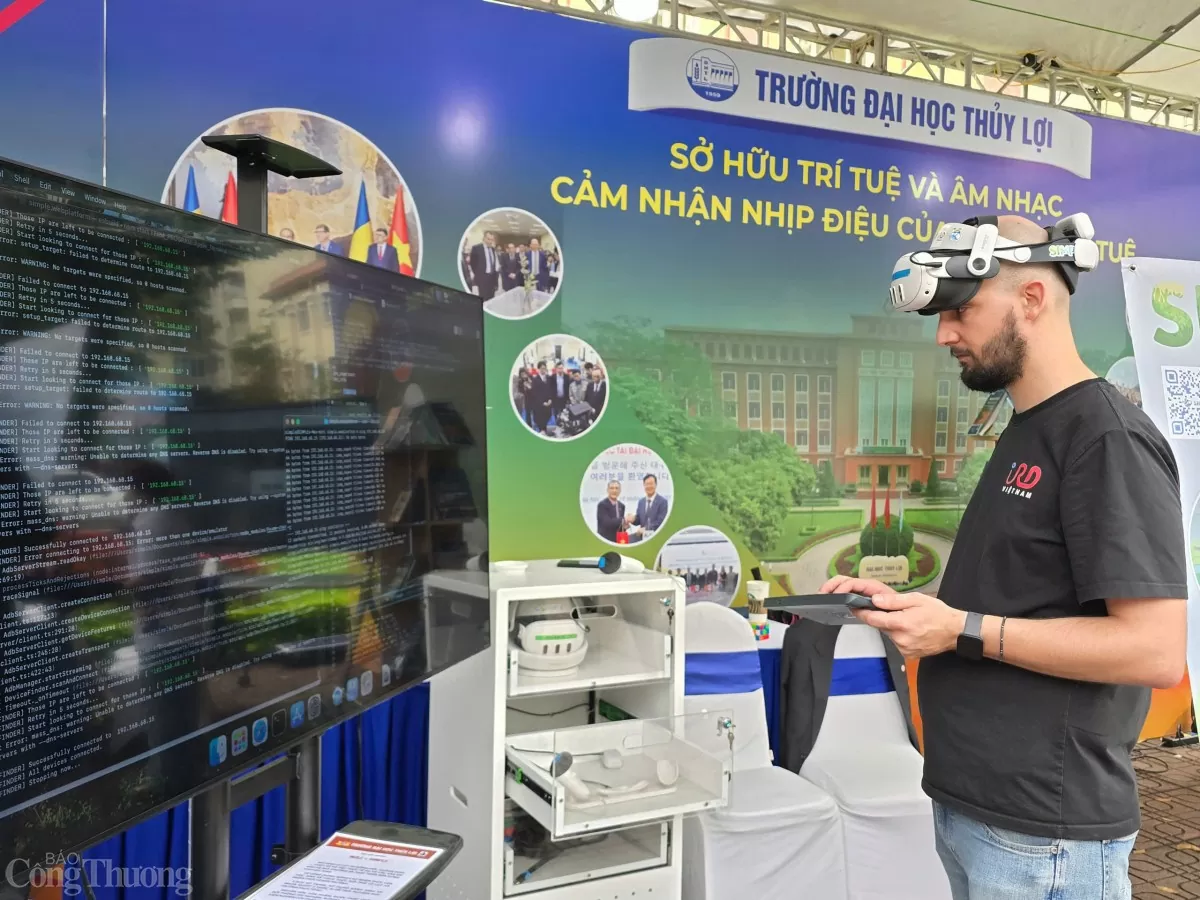 |
| In order to raise awareness among businesses and society, many communication activities on intellectual property protection have been organized by the Intellectual Property Office in coordination with relevant agencies. |
The lesson from ST25 rice is just one of many examples that if a business is slow in protecting its trademark, it can lose not only the market but also the trust of its customers.
In the era of knowledge economy, a strong brand not only depends on good products, but also needs a solid legal foundation from intellectual property.
| From the above reality, it shows that with each strategic step from domestic to international, Vietnamese enterprises need to remember: Building a brand must definitely start with intellectual property protection. |
Source: https://congthuong.vn/xay-thuong-hieu-phai-bat-dau-tu-bao-ho-tri-tue-385679.html



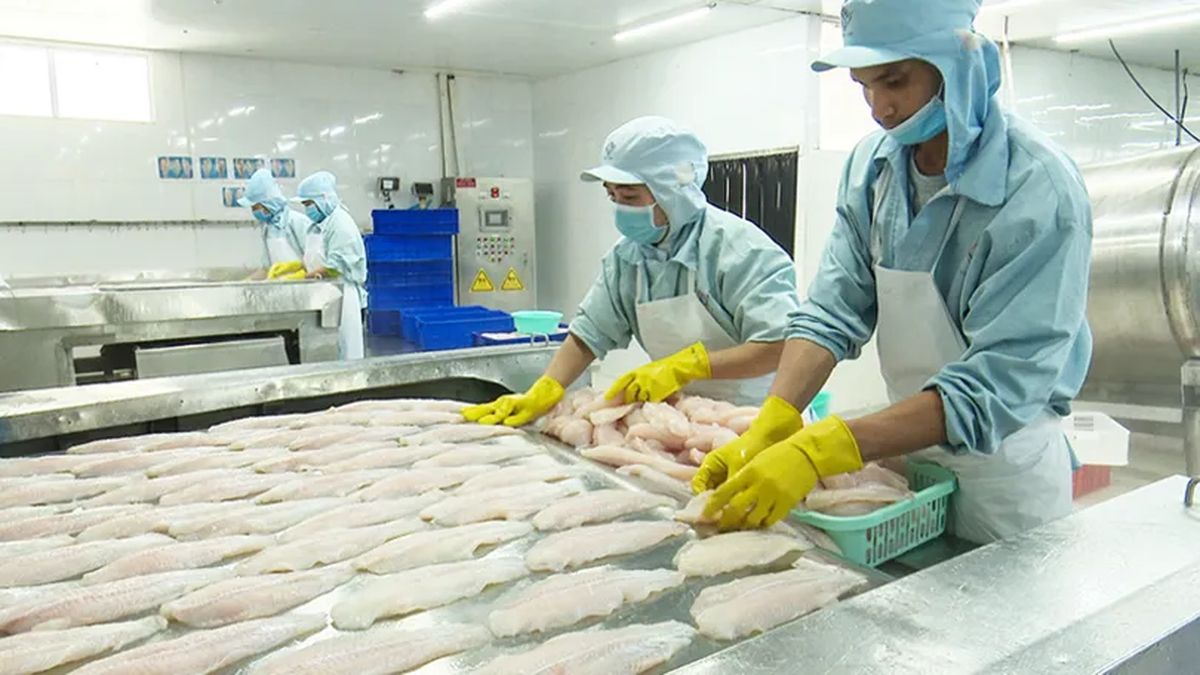






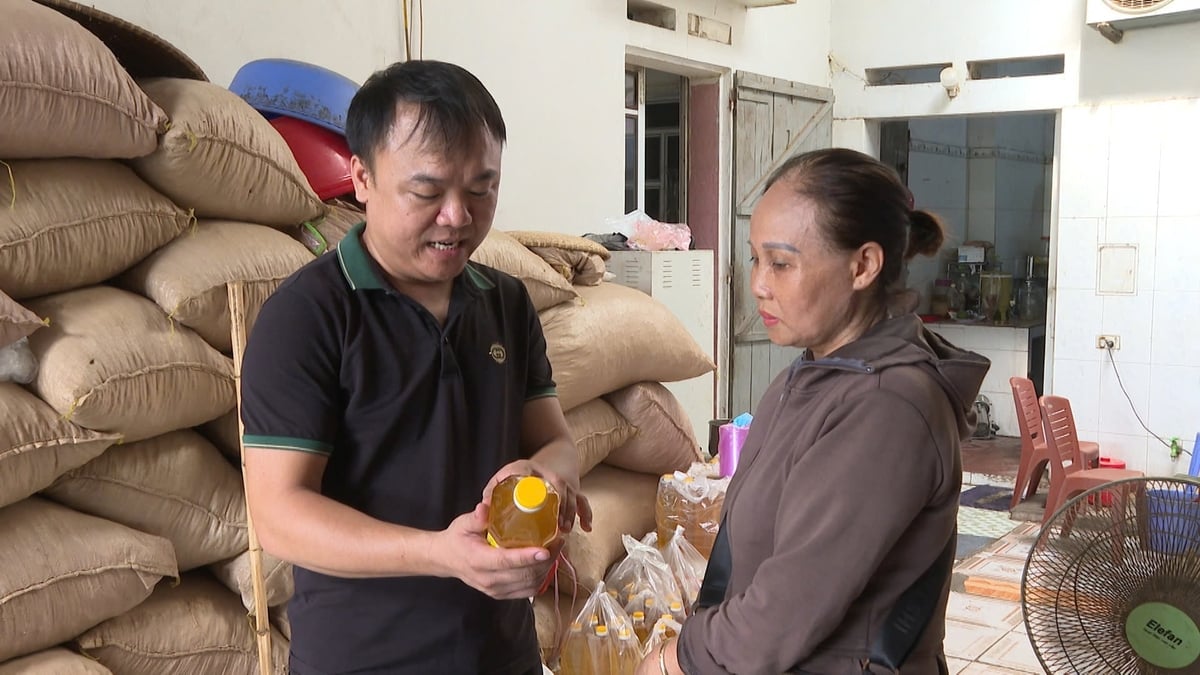












![[Photo] National Assembly Chairman Tran Thanh Man visits Vietnamese Heroic Mother Ta Thi Tran](https://vphoto.vietnam.vn/thumb/1200x675/vietnam/resource/IMAGE/2025/7/20/765c0bd057dd44ad83ab89fe0255b783)












































































Comment (0)